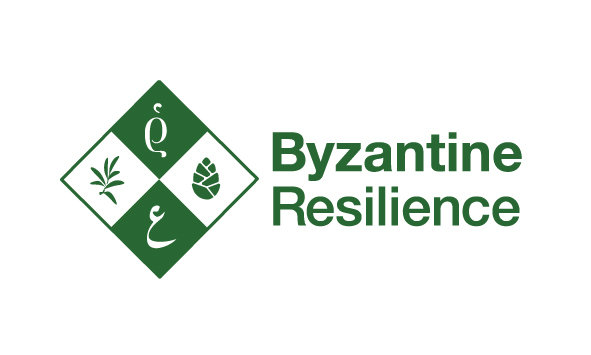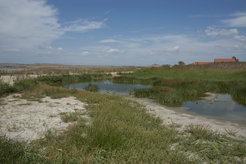
New Max Planck Independent Research Group “Byzantine Resilience: Environmental History of the Eastern Romans (ByzRes)” headed by Dr. Adam Izdebski
The group, which began in September 2018, will investigate the Eastern Roman Empire, known as Byzantium, and the ways in which its population responded to environmental changes.
The Roman Empire was one of the longest running pre-modern socio-political systems, and certainly one of the most complex. Despite the collapse that occurred in the West in the fifth century CE, the Eastern Roman Empire existed for another thousand years, becoming the Roman Empire of the Middle Ages, today known as Byzantium. Moreover, when the Byzantine capital fell to the Ottomans in 1453 CE, many of Byzantium’s social-ecological structures were maintained, or even further developed in response to the highly diverse and unstable environments of the Mediterranean.

This unique continuity in the face of natural challenges, such as unstable precipitation patterns, extreme winters, or generations-long droughts, makes the Eastern Mediterranean one of the best laboratories for the study of human interaction with the environment and changing climates. It is this research that the new Max Planck Independent Research Group “Byzantine Resilience: Environmental History of the Eastern Romans (ByzRes)” will focus on.
The group’s aim is to use the Eastern Roman world as a case study for developing a new methodology that will integrate traditional methods of historical research with those of the natural sciences, in particular palaeoecology and palaeoclimatology. The group will consist of specialists in Byzantine and Ottoman Studies as well as in palynology, ecology and mathematics. The group will also take core samples in lakes and peat bogs in Greece and Western Turkey. These sources of evidence will be combined with research on property and tax documents from Byzantine and Ottoman archives.
By obtaining scientific and historical data from the same areas, ByzRes will be able to achieve a more holistic understanding of the human-natural past, using specially-designed qualitative and quantitative methods for integrating its evidence.
Group leader Dr. Adam Izdebski is concurrently an Assistant Professor of Byzantine and Environmental History at Jagiellonian University in Krakow. He was previously at the Institute for Advanced Study, in Princeton, USA, where he was a member of the School of Historical Studies, and also served as a Visiting Professor at the University of Warsaw, College of Liberal Arts and Sciences, and Princeton University, History Department.


